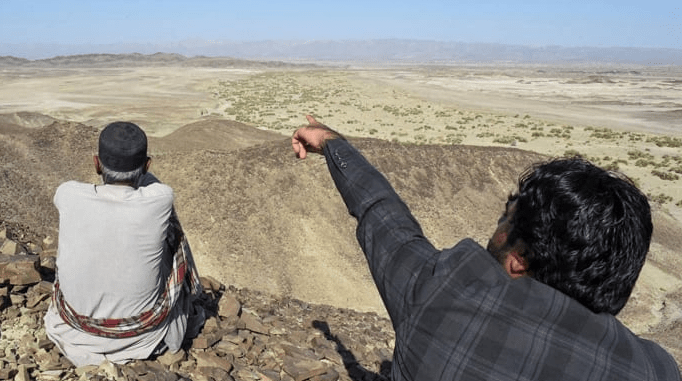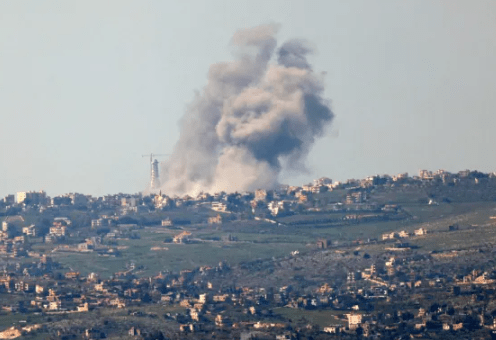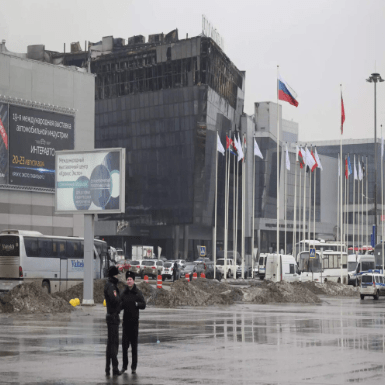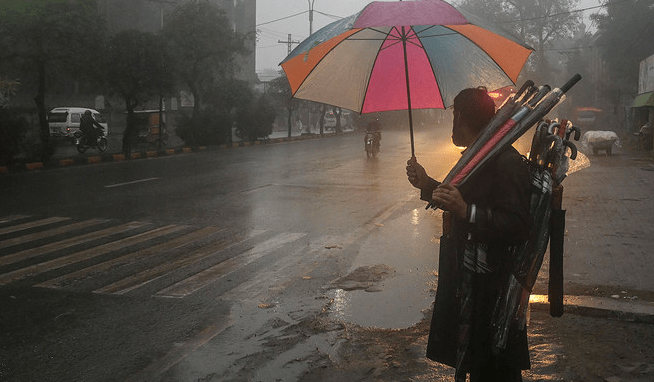Syria still struggling with war and violence
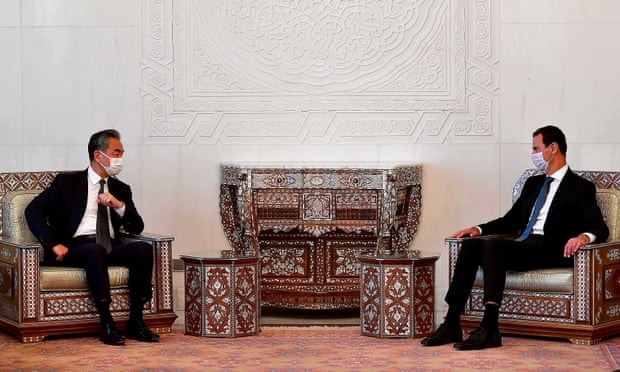
Bashar Al-Assad won the May poll, and the very first meeting he gas done with any foreign deligate is the Chinese foreign minister Wang Yi.
China’s high-visibility stake in postwar Syria was straight from its playbook elsewhere in the Middle East, as well as in Asia and Africa: windfall investments in return for local access and global cover. Analysts and diplomats, however, say that even in relative calm, Syria will offer poor returns for years to come.
As the war winds down in much of the country, its heavily sanctioned economy is in even greater ruin than its towns and cities, its global standing has been shredded by a merciless decade of conflict, and hope of a political breakthrough hinges on the overthrow of the very leader who has just been re-elected for another seven years.
Reconstruction has been central to the plans of Syria’s allies Russia and Iran; now China, which had maintained a less involved policy through much of the fighting, sniffs opportunity. China’s inroads in the Middle East have been steady and cautious, extending to taking stakes in Iraq’s oilfields and in the critical infrastructure of the UAE.
As the US departs from Afghanistan, and prepares to leave Iraq – after Donald Trump abruptly abandoned north-eastern Syria 18 months ago – the rest of the country has seemed like a quick win to Chinese diplomats. “They know a vacuum when they see one,” said a former British diplomat with experience in Beijing and the Middle East. “Especially if it involves capitalising on US mistakes.”
But Syria remains splintered and unreconciled. Russia retains a significant stake in the north-east, and Turkey has influence throughout the north-west, which is outside the control of Damascus. The regime has little control over its resources and has been repeatedly asking Iraq for assistance as well as sourcing oil from Lebanon, adding to severe shortages of fuel at Lebanese bowsers.
“China ought to take a look around,” said a Middle Eastern diplomat. “They are thinking this is a belt and road extension. But that’s an illusion. Syria is a poor investment for them.”
On Saturday, Assad endorsed Beijing’s belt and road project. In return, Wang urged that sanctions on Damascus be overturned. Europe and the US have remained disinclined to do so while Assad remains in power.
“The Russians and Iranians took the phosphates, the Russians took the port, the cronies took the building of fancy apartments for the elite in Damascus,” said Elizabeth Tsurkov, a fellow at Newlines Institute. “Few Syrians can afford meat, so they surely can’t afford to rebuild their homes, and rebuilding infrastructure is not profitable at all.”
A European Syria envoy said reconstruction is likely to remain unrealistic despite China’s enthusiasm. “One should wish that the Assad regime and its international backers would come to understand that winning the peace is always infinitely harder than bombing and wrecking your way to some kind of pyrrhic military victory.
“Nobody is coming to invest the hundreds of billions of euros and dollars – or rubles and renminbi, for that matter – that are needed for the country’s reconstruction under these appalling conditions.
“Investors first of all need to be reassured that their investments will be safe. This has nothing to do with imposing western values or conditions. It’s just common business sense, wherever you go. And this regime has gone to extraordinary lengths to convince the entire world that Syria is just a terrible business proposition.”
Osama Kadi, an exiled Syrian economist, said the Syrian economy is in worse shape than at any point since the first world war.
“Syrians today are facing real famine. The proportion of Syrians living under the poverty line in the areas of the Syrian regime under the Russian area of influence has reached more than 90%, and the Syrian average monthly salary ranges between $15 and $40. Even the salary of a minister does not exceed $40 a month.”

